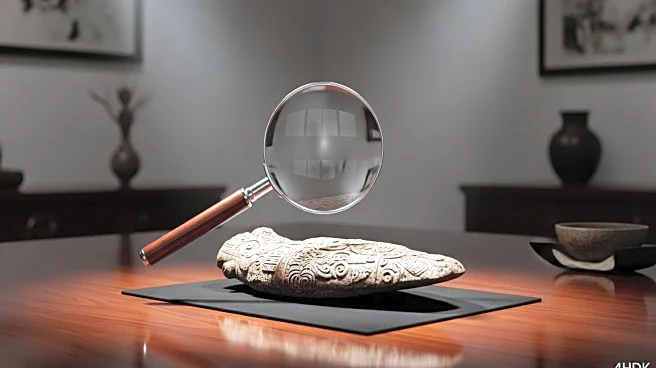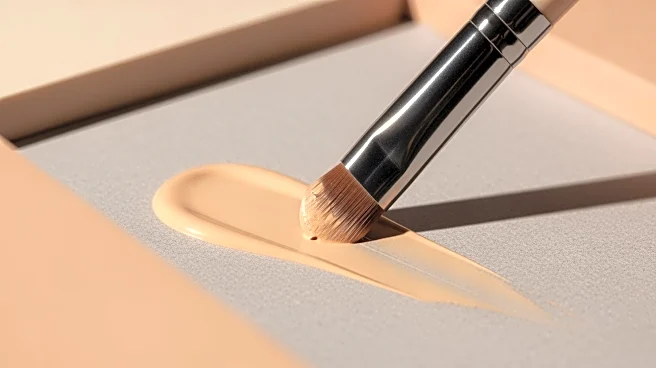What's Happening?
Carter Reese, a 77-year-old antiquities collector from Reading, Pennsylvania, has been sentenced for selling counterfeit artworks. Reese pled guilty to wire and mail fraud charges related to selling fake pieces attributed to renowned artists like Picasso and Warhol. The court sentenced him to 60 days in prison, two years of supervised release, and a $50,000 fine, along with restitution of $186,125. Reese's fraudulent activities spanned from 2019 to 2021, during which he used false documents to convince buyers of the artworks' authenticity. Despite being a respected figure in his community, Reese's actions have led to significant legal consequences.
Why It's Important?
This case highlights the ongoing issue of art forgery and the challenges in authenticating artworks. The art market, which often relies on trust and reputation, is vulnerable to such fraudulent activities. Reese's sentencing serves as a warning to others in the art world about the legal repercussions of selling counterfeit art. It also underscores the need for more rigorous authentication processes and the potential role of technology in preventing art fraud. The case may lead to increased scrutiny and due diligence in art transactions, impacting collectors, galleries, and auction houses.
What's Next?
Reese's sentencing may prompt further investigations into art forgery networks and lead to stricter regulations in the art market. Collectors and institutions might adopt advanced technologies, such as blockchain, to ensure the provenance and authenticity of artworks. The art community may also see a push for more transparency and accountability in art sales, potentially influencing future legal frameworks and market practices.










